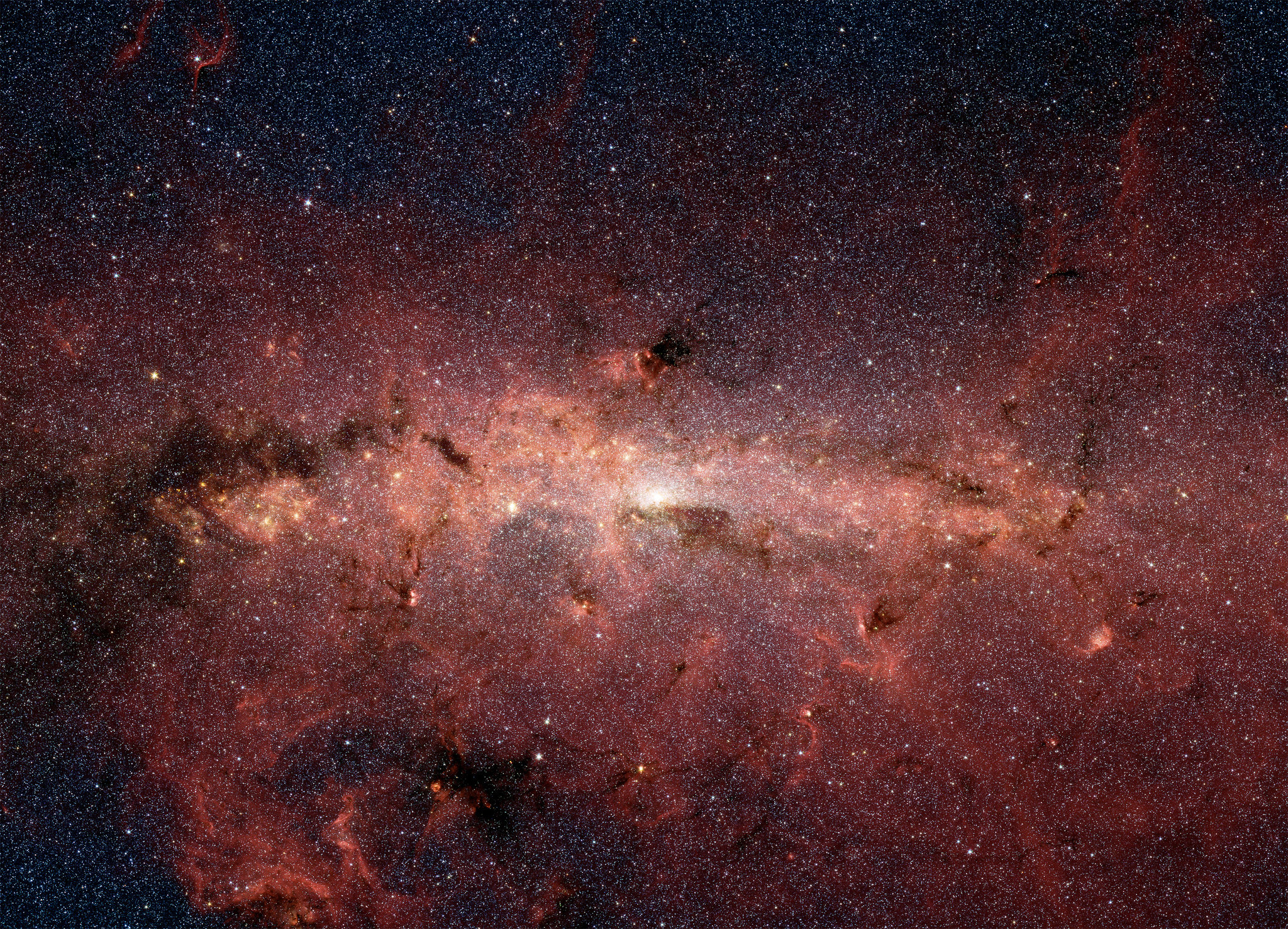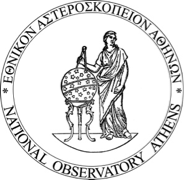Special Session SS6
6 July 2016
The life and times of the Milky Way bulge
Aims and scope
 The Galactic bulge is key to understanding the structure, evolution and birth of our galaxy. From an initial overdensity of gas and dark matter, our infant galaxy grew into what we see around us today. By analysing the Galactic bulge we can probe the origins of our galaxy, but also the important role it plays in shaping the state of the Milky Way today. Despite its importance, the central parts of the Milky Way are not well-understood. We know that it is tri-axial, hosting a strong bar, but recently we have begun to reveal intriguing subtleties, such as the presence of an X-shape structure in density or high-velocity substructure(s) in kinematics. The latter feature has received a lot of attention in the past few months, prompting speculation that this may be due to younger stars at low latitudes. It has commonly been assumed that the bulge population is old, but recent studies such as these or the results from spectroscopy of turn-off stars has uncovered young and intermediate-age populations. Therefore, as the title of this special session alludes to, we will cover the various ages of the bulge, from the oldest most-metal poor stars, to these new discoveries of younger populations. As ongoing surveys (such as APOGEE, VVV, Gaia-ESO, etc) are now amassing huge volumes of data, it is the right time to bring together leading theorists and observers to deconstruct the bulge in order to determine its assembly history.
The Galactic bulge is key to understanding the structure, evolution and birth of our galaxy. From an initial overdensity of gas and dark matter, our infant galaxy grew into what we see around us today. By analysing the Galactic bulge we can probe the origins of our galaxy, but also the important role it plays in shaping the state of the Milky Way today. Despite its importance, the central parts of the Milky Way are not well-understood. We know that it is tri-axial, hosting a strong bar, but recently we have begun to reveal intriguing subtleties, such as the presence of an X-shape structure in density or high-velocity substructure(s) in kinematics. The latter feature has received a lot of attention in the past few months, prompting speculation that this may be due to younger stars at low latitudes. It has commonly been assumed that the bulge population is old, but recent studies such as these or the results from spectroscopy of turn-off stars has uncovered young and intermediate-age populations. Therefore, as the title of this special session alludes to, we will cover the various ages of the bulge, from the oldest most-metal poor stars, to these new discoveries of younger populations. As ongoing surveys (such as APOGEE, VVV, Gaia-ESO, etc) are now amassing huge volumes of data, it is the right time to bring together leading theorists and observers to deconstruct the bulge in order to determine its assembly history.
Programme
Wednesday 6th July
- 0915-1045: Extragalactic Overview & Milky Way Structure
- 1115-1245: Milky Way Chemistry & Structure
- 1700-1830: Milky Way Dynamics
Invited speakers
- Ortwin Gerhard (Max-Planck-Institut fuer Ex. Physik)
- Manuela Zoccali (Pontificia Universidad Catolica de Chile)
- Isabel Perez (Universidad de Granada)
Scientific organisers
- Martin C. Smith (Shanghai Astronomical Observatory, Shanghai)
- Melissa Ness (Max Planck Institute for Astronomy, Heidelberg, Germany)
- Victor Debattista (University of Central Lancashire, UK)
Contact
dr.mcsmith @ me.com
Updated on Thu May 11 12:50:10 CEST 2017
|

 A power cut will shut down all EAS services on Tuesday, 10 January 2017 starting at 7:30 CET.
A power cut will shut down all EAS services on Tuesday, 10 January 2017 starting at 7:30 CET.












